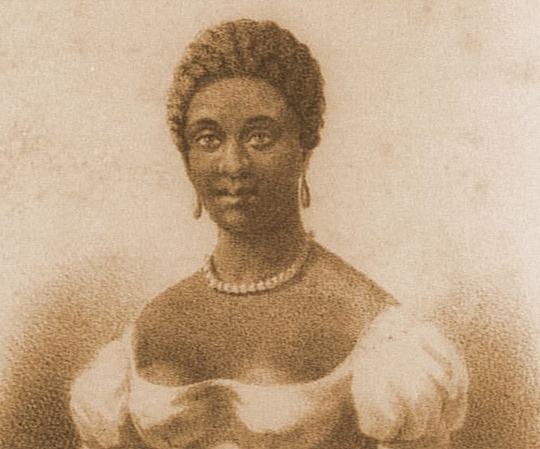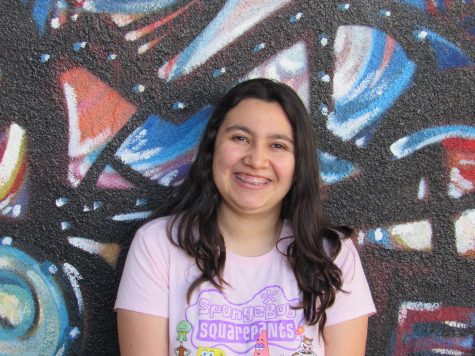Phillis Wheatley
In honor of Black History Month, every school day The Cardinal will feature a prominent and historical Black American, living or dead, who has worked toward change, advancement, and/or world peace. Some of them are heroes, and some are unsung heroes, who deserve recognition, and have made a contribution to society.

February 7, 2022
Phillis Wheatley was an American author who was the first African-American author of a published book of poetry. Born around 1753 in Gambia, Africa, Wheatley was captured by slave traders in 1761 where she was sold into slavery at the age of seven or eight and transported to North America, where she was bought by the Wheatley family of Boston. After she learned to read and write, they encouraged her poetry when they saw her talent.
By the age of 12, she was reading Greek and Latin classics in their original languages, as well as difficult passages from the Bible. At the age of 14, she wrote her first poem, “To the University of Cambridge [Harvard], in New England”. Recognizing her literary ability, the Wheatley family supported Phillis’s education and left household labor to their other domestic enslaved workers. The Wheatleys often showed off her abilities to friends and family. Strongly influenced by her readings of the works of Alexander Pope, John Milton, Homer, Horace, and Virgil, Phillis began to write poetry. As the American Revolution gained strength, Wheatley’s writing turned to themes that expressed ideas of the rebellious colonists. Many colonists found it difficult to believe that an African slave was writing “excellent” poetry. Wheatley had to defend her authorship of her poetry in court in 1772.
In 1773, at the age of 20, Phillis accompanied Nathaniel Wheatley to London in part for her health (she suffered from chronic asthma). Selina Hastings, Countess of Huntingdon, became interested in the talented young African woman and subsidized the publication of Wheatley’s volume of poems, which appeared in London in the summer of 1773. After her book was published, by November 1773, the Wheatleys emancipated Phillis. In 1779 Wheatley issued a proposal for a second volume of poems but was unable to publish it because she had lost her patrons after her emancipation; publication of books was often based on gaining subscriptions for guaranteed sales beforehand. Wheatley believed that the power of poetry was immeasurable. She repeated three primary elements: Christianity, classicism, and hierophantic solar worship.
Wheatley met and married John Peters, a free black grocer, in 1779. They lived in poor conditions and two of their babies died. John was improvident and was imprisoned for debt in 1784. With a sickly infant son to provide for, Phillis became a scullery maid at a boarding house, work she had not done before. She died in poverty and obscurity on December 5, 1784, at the age of 31.

